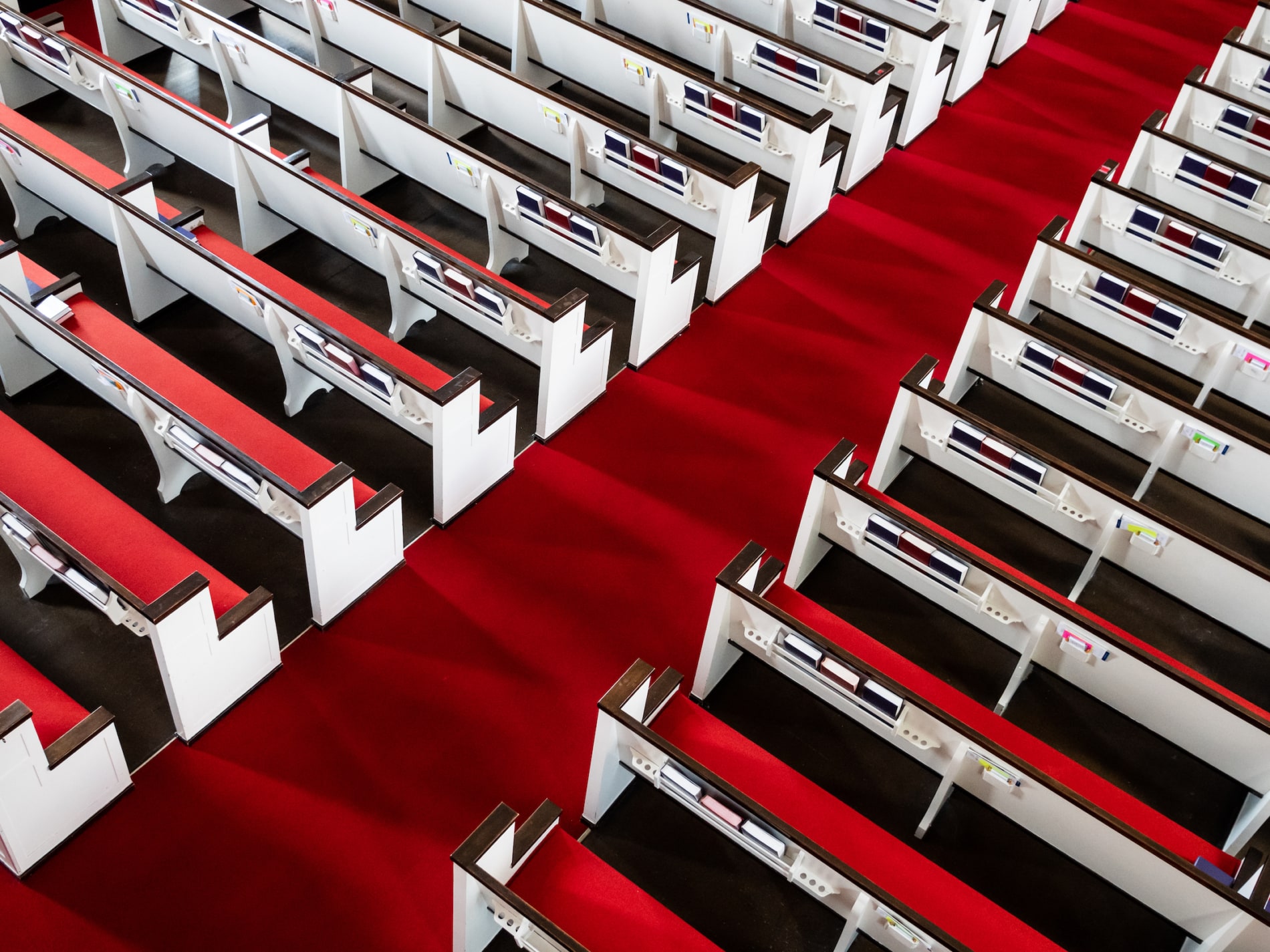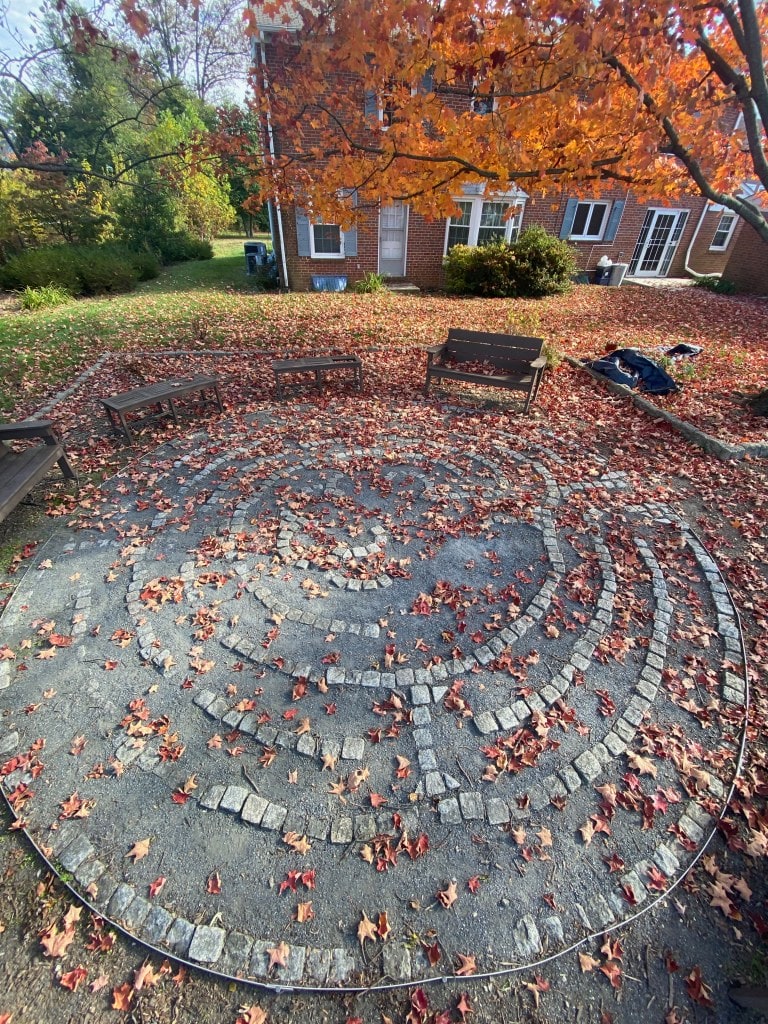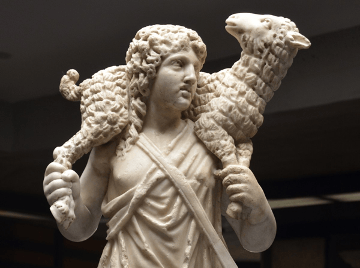
News & Announcements

Reframing “Rest”
June 4, 2024
Ken Kovacs wrote in the Pentecost edition of The Messenger about sabbath, rest, and God’s invitation to wholeness.
Reframing “Rest”
In Mark 6, we find the disciples giving Jesus an update on their endeavors after being sent to proclaim the gospel, providing an overview of “all that they had done and taught.” Then, almost breaking them off in mid-sentence, Jesus says, “Come away to a deserted place all by yourselves and rest a while.” Mark tells us, “For they were coming and going and they had no leisure even to eat” (Mark 6:30). Jesus reminds us again and again that rest is required amid our work, and in talking about “rest,” the notion of sabbath and sabbath rest is not far away.
 In his classic work, The Sabbath (1951), rabbi and theologian Abraham Joshua Heschel (1907-1972) wrote, “There is a word that is seldom said, a word for an emotion almost too deep to be expressed: the love of the Sabbath.” And why is it to be loved? Because it’s time set apart, hallowed (that is, “set apart”) to rest and delight in the goodness and love and faithfulness of God. It’s time to rest, but rest is in service to renewal and restoration. It’s not only hallowed time, time set apart for our rest; it is time for God’s rest when God is fully present in the creation. The sabbath might be a day without work, but it’s not absent of God’s presence and glory and joy.
In his classic work, The Sabbath (1951), rabbi and theologian Abraham Joshua Heschel (1907-1972) wrote, “There is a word that is seldom said, a word for an emotion almost too deep to be expressed: the love of the Sabbath.” And why is it to be loved? Because it’s time set apart, hallowed (that is, “set apart”) to rest and delight in the goodness and love and faithfulness of God. It’s time to rest, but rest is in service to renewal and restoration. It’s not only hallowed time, time set apart for our rest; it is time for God’s rest when God is fully present in the creation. The sabbath might be a day without work, but it’s not absent of God’s presence and glory and joy.
The Hebrew verb Shabbat does not really mean “to rest” but “to be complete.” It refers to completeness. “Shabbatu, the noun,” Heschel explains, “means in Babylonian a cycle in a chronological sense, the day on which the moon completes its cycle, the day of the full moon.” Shabbat means completeness. Lacking nothing. Full.
We hear echoes of this in Genesis 2:2, “On the seventh day God finished his work.” On the seventh day. Why didn’t God finish working or complete the creation on the sixth day and then have a proper break on the seventh, taking the whole day off? So, then, what exactly was finished or completed on the seventh day, what was created on the seventh day? Something extraordinary was reserved for the last day. “Just as heaven and earth were created in six days,” Heschel writes, “menuha was created on the Sabbath.” What is menuha? It’s often translated as “rest,” but it “means more than withdrawal from labor and exertion, more than freedom from toil, strain or activity of any kind.” Rest is not a “negative concept” but something valuable, requiring a special act of creation. What was created on the seventh day? Menuha, meaning “tranquility, serenity, peace and repose.” This so-called “rest” can also be translated as happiness, stillness, and harmony. When David affirms God as his shepherd, who brings him beside “still waters” (Psalm 23:2), God leads him to the waters of menuhot, of stillness.

Shabbat, completeness is the goal or end or purpose of creation. It’s a day for feasting, for delighting in creation. Because it’s the day when we share in the completeness and eternal presence of God—feasting in God’s glory—it’s also the day of redemption, renewal, and new beginnings. Whether it’s one day or a season, Shabbat is God’s gift to us to become whole, complete, and at peace so that we may be restored and renewed for the holy work God has in store for us.